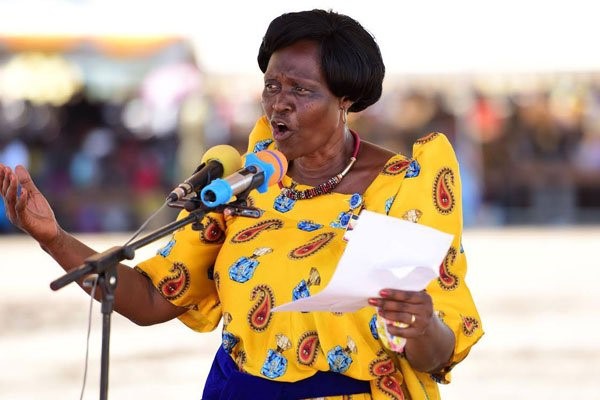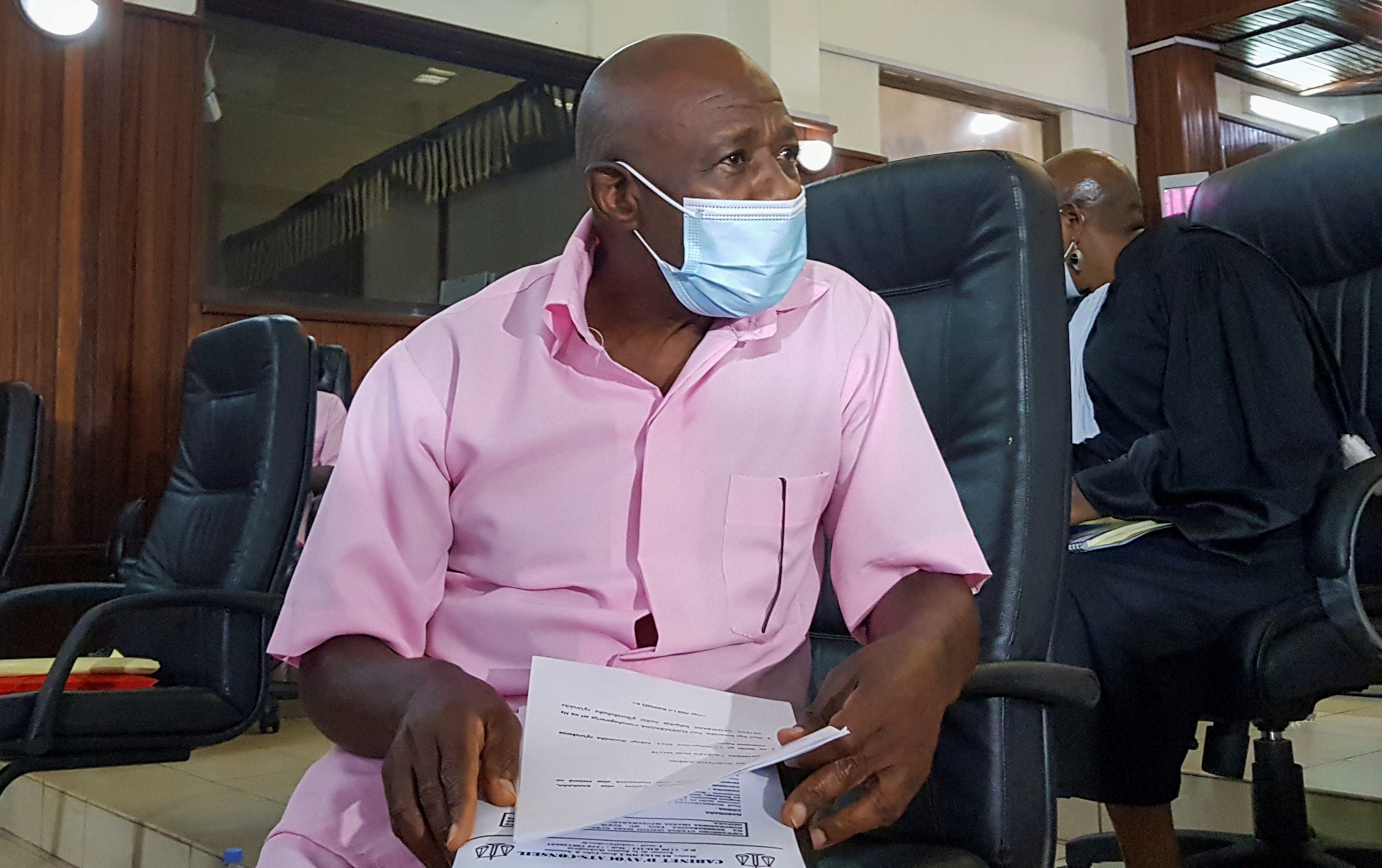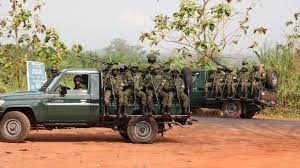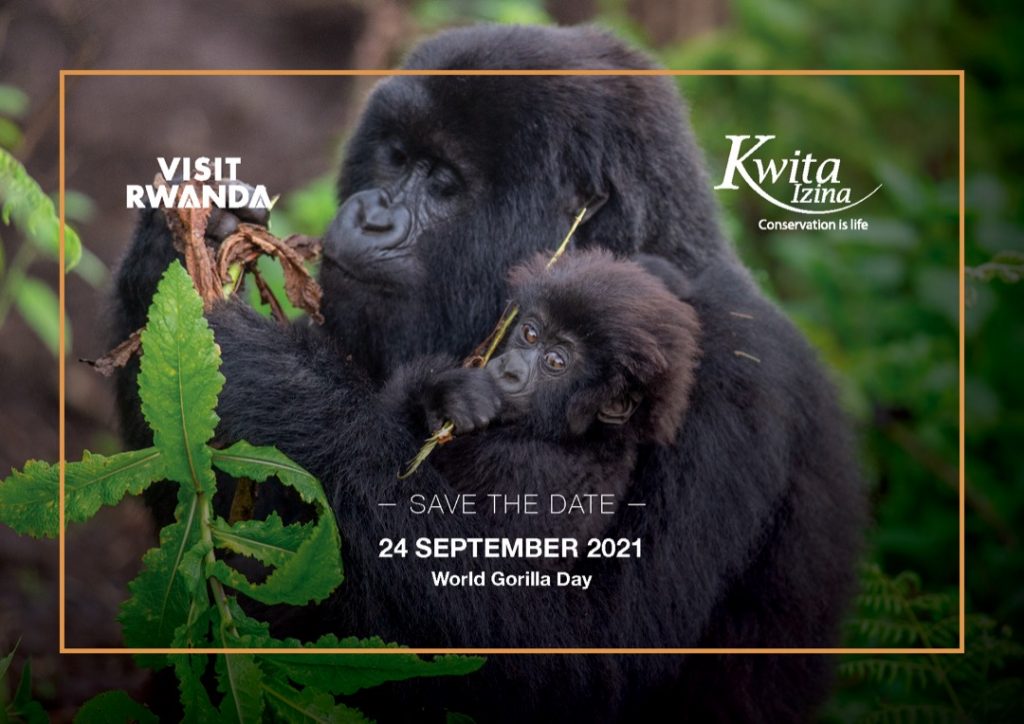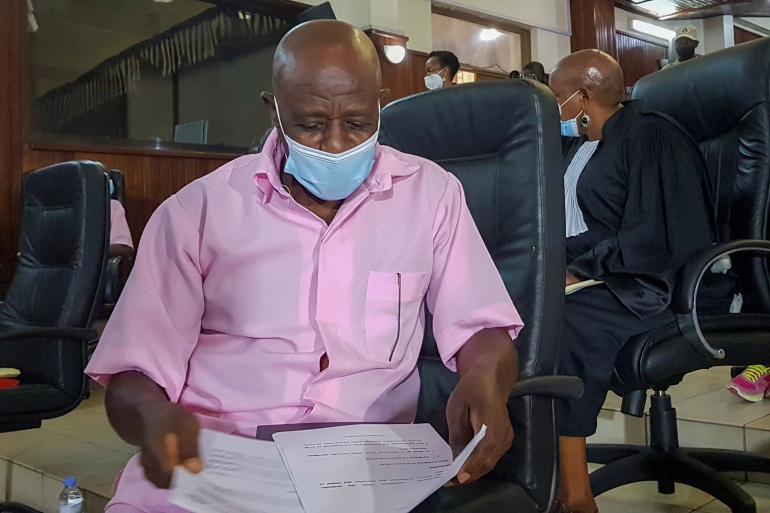Regional
Why Rwanda’s liberation was a Pan African, plus enterprise
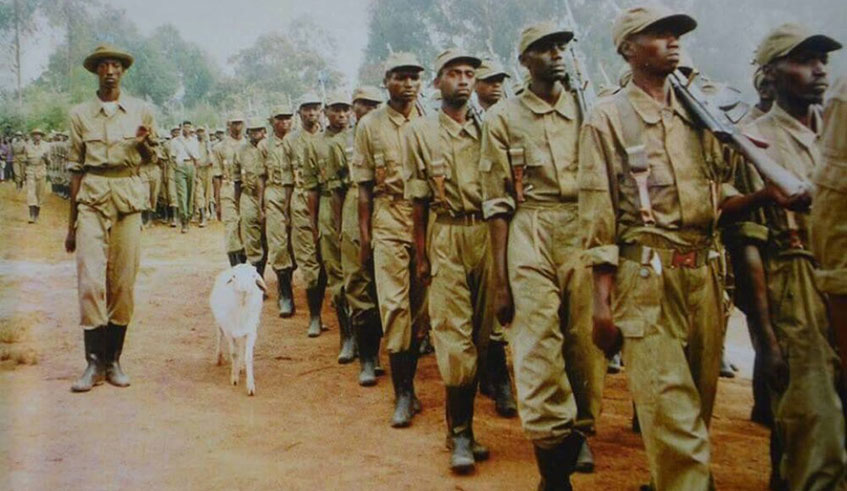
On October 1, 1990 the world
was introduced to the Rwandan Patriotic Front (RPF-Inkotanyi) and its armed
wing, the Rwandan Patriotic Army (RPA), which had just waged a war against the
then government of Rwanda led by President Juvenal Habyarimana.
The RPF comprised thousands
of Rwandans – mostly youths – whose parents were forced into exile three
decades earlier, and others from the country. They all had a shared ambition –
to liberate the country from the jaws of predators and set it on a good path.
At the time, no one imagined
that this was a revolution that would expand to take a Pan-African shape, years
later. Africa has earned a bad reputation of being
the hotbed for military coups that topple governments. The launching of the
liberation war in Rwanda was, for a long time, confused with the common coups
that were pervasive in Africa especially during the 80s and 90s.
For numerous reasons, governments
and people across the world, except a very few acquainted with the real causes
behind the Rwandan liberation war, thought that the RPF aimed at achieving an
ordinary regime change that would benefit them as victors.
They knew very little about
the real causes of the movement. Many countries at the time were still ignorant
and impassive about it. As the liberation struggle went on, some
countries and people began to understand the root causes of the armed struggle
but could only sympathize with the RPF and their plight. Such countries offered
mediation - like it was the case for Tanzania. Others offered prayers.
They could only look at the
move as an internal issue that they left to Rwandans to find a solution for,
even when the regime went all out and started killing people during the 1994
Genocide against the Tutsi.
Less than four years later,
the RPF stopped the massacres and liberated the country. It was, however, not
done yet. The RPA was transformed into the country’s defence forces, and is to
date called the Rwanda Defence Force (RDF).
A decade after the
liberation of Rwanda, the RDF embarked on a noble mission to pacify different
regions across the world. It has earned a good reputation as a highly
disciplined, effective and resourceful force.
To date, Rwandan security
forces have not only contributed to peacekeeping mission in sister African
countries such as Sudan, South Sudan, Mali and the Central African Republic (CAR)
but beyond our continent as well, like in Haiti and elsewhere. The get-up-and-go to attitude of the Rwandan security forces comes
from its well-regarded dogma; the Responsibility to Protect (R2P).
To date Rwanda has more than 5,000 troops serving in foreign countries both in UN peacekeeping missions and
through bilateral arrangements like is the case with Mozambique and CAR. In
UN peacekeeping missions alone, Rwanda is often ranked among the top five troop
contributing countries, globally, with more than 6,000 personnel lately.
In these peacekeeping
missions, Rwanda has posted impressive results. It not only dealt with military
and security threats to civilians where its forces are deployed but also contributed
to their social and economic welfare.
Exporting some of the best
practices that Rwanda is known for such as Umuganda – a communal work
initiative – the troops built schools, health centers, roads and clean water
access points for communities in their areas of operation, among others. These are initiatives that project the pro-people ideology of the
Rwandan security forces since the launch of the liberation struggle in 1990.
To date, Rwanda’s liberation
can be said to have taken a Pan-African shape as the same forces that liberated
Rwanda, contribute to peacekeeping missions and other security operations to
restore order and allow development in different countries. They do this using scientific and innovative approaches to ensure
the sustainability of peace and security.
Rwanda believes in Africa’s
self-reliance and dignity. That is what accounts for its deployments in
security operations in Africa. It believes in integration and supports free
trade and rule of law based regional, continental and global partnerships for
the good of humanity, with peace and security being prerequisite to achieving
such. Without the Rwandan security forces, Rwanda would not have managed to
contribute along its sister countries to peace and security in Africa and
beyond.


